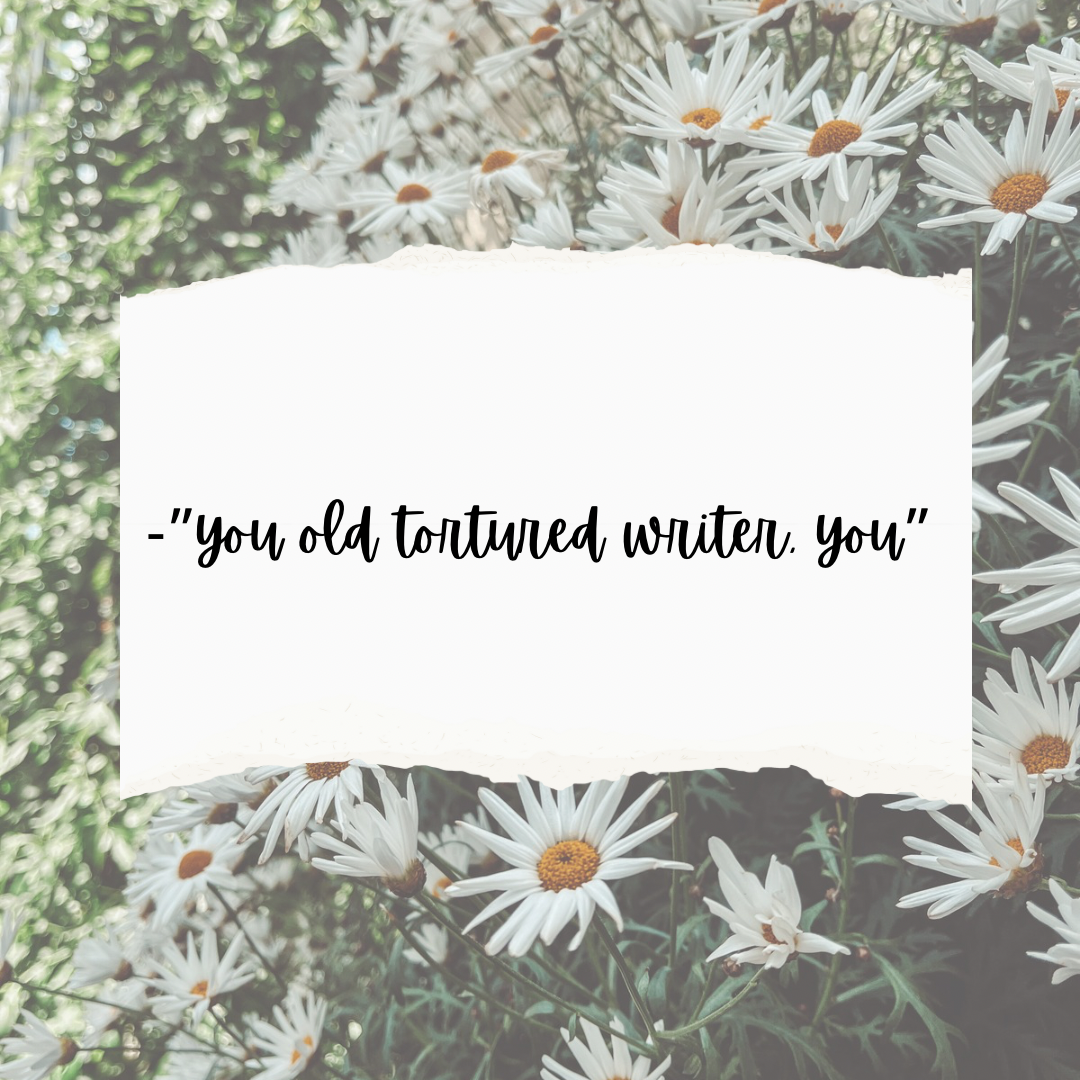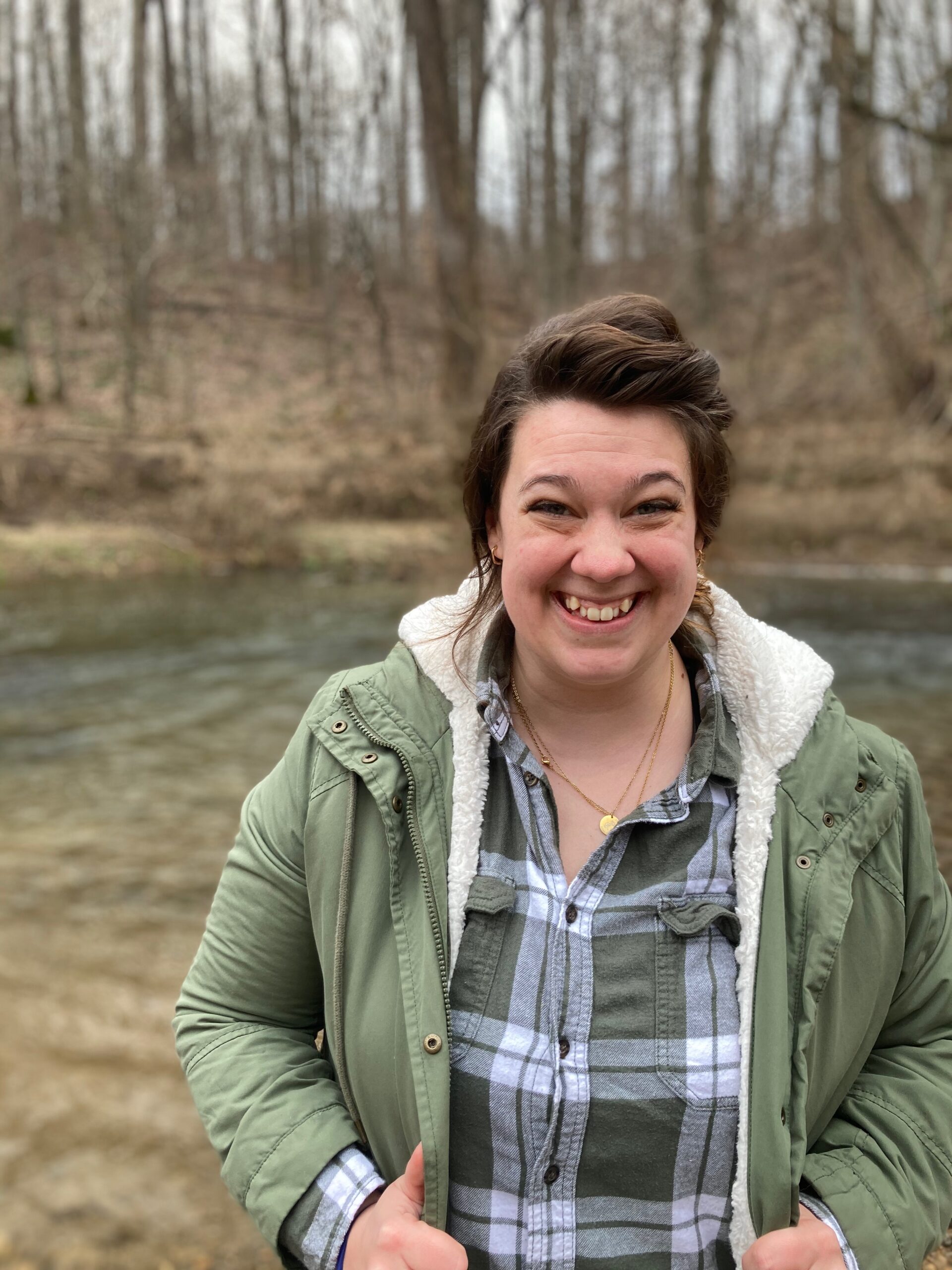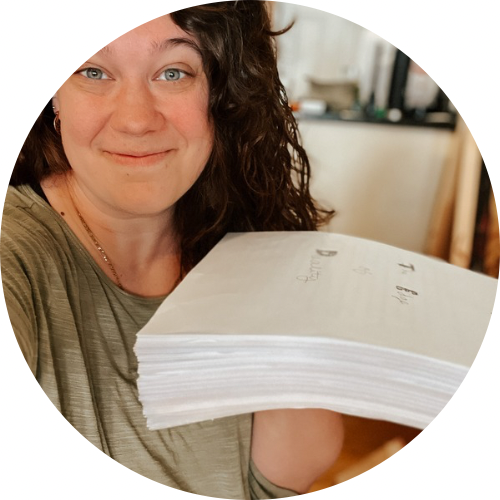Extroverted or Introverted? Creative or Methodical? Messy or Organized?
When I started my research on ADHD in women, specifically how it manifests in motherhood, each new detail I found helped affirm my lived experience, helping me feel seen and understood in a way that I’d been missing. But as I dove deeper into research, I noticed a shift in how I viewed myself. The same feeling I got when I took the Myers-Briggs test that told me I was an ENFJ, or when I took the Enneagram Test and realized that I was a 4 wing 5… when I finally got my ADHD diagnosis, it felt like another personality test result. That I had to fit inside the box to belong and that it was the new narrative I must adopt and lenses to see everything by. I wanted to dive fully into ADHD, to allow it to define all of who I was and my worth in society, like I tend to do with personality tests. But that’s not the point of a diagnosis. A diagnosis is not a personality test result or a personality quirk.
It’s not to belong, like I hoped it would help me finally feel.
It’s not to have some cute little trendy acronym added to who I was on paper, like a degree or the Mrs. I became when I married my husband.
I think it’s to help make space for myself. To tell younger Alex that she mattered then, and that she matters now. Having ADHD is one facet of myself. What I thought were quirks are, in actuality, symptoms of being neurodiverse and seeing the world differently. I’m learning to think of this diagnosis as another lens through which I see the world. Or even a little gem to add to my personal kaleidoscope that I view my life and the world through. Maybe one of the mirror panels that reflects the pieces of myself and the roles I’m in?
But gaining a late ADHD diagnosis is not a fun new tidbit to add to my Instagram bio, but a recognition of the hidden and masked elements of myself that always felt too much, and not enough simultaneously.
I’ve always been an odd kid—an odd adult, too. Not quite fitting into the spaces I found myself in, no matter how hard I tried to force myself to. I shared too much information at inappropriate times, mimicking or becoming a chameleon to those around me so that I could make others more comfortable, or needing to decompress after too much socializing. I would startle at people clapping, hated going to movie theaters because of how loud the sounds were, and I felt like I was embodying everyone else’s emotions as my own. I would (still do) carry a book with me everywhere so that if I ever get overwhelmed in a situation, I can distract myself and take a mental break to reconfigure my mind and body (thank God for ebooks). I take a long time to decide something, and a super long time to comprehend something. I have to read a paragraph a few different times (or a whole article during grad school) to comprehend it, and I still wouldn’t be able to understand it until talking through it on discussion boards or with my husband.
During my childhood, there wasn’t much research regarding how ADHD manifests in women and girls. Most of the time, the criteria was based on studies of elementary aged boys that were hyperactive and hyper fixated on topics, or would easily space out.1
Enter women in my generation doing more research on neurodivergence in girls and women, women wearing multiple hats with careers, motherhood, marriage, caretaking, etc. We can no longer mask or hide behind responses that appear neurotypical when naturally that person might respond differently, and we have to share brain space for multiple avenues vying for our attention. I plan to have a post soon about my process of realizing I have ADHD (among other disorders) through becoming a mother.
But through my best friend and I researching symptoms together and making lists of our “quirks” and scheduling to see a psychiatrist, we both were diagnosed relatively close together. And it allowed me to broaden my understanding of myself and what makes a person worthy.
I no longer felt broken, or that I was in a constant race to be better, to be someone else entirely, or to just minimize my life and experiences to be more palatable and acceptable. When I received my diagnosis, there was absolutely a mourning period, and I still have bouts of it here and there. But mostly, my diagnosis allowed me to expand my understanding of myself, humanized me, and allow me to take up space in a way that encourages joy and acceptance, rather than beating myself up repeatedly for not being perfect. I never will be. And I am okay with that, and I realize God is okay with that too.
I’ve struggled with where my place is and with belonging my whole life. Being overlooked, diminished in social settings, or pitied/placated in sports. And what I thought were imperfect personality quirks that I had to fight daily, or hurdles I needed transformed so that I could be better and more holy… Turns out a lot of those are how my brain just works. I don’t think flaws and imperfections are as simple as that — I think we are all a beautiful messy mashup of our family’s of origin, trauma, culture, religious upbringing, the friends we keep, the work we do, the passions and hobbies we have. Absolutely. And there are pieces of ourselves that DO need transformed because they harm us or the people around us, keeping us from living whole lives. I recognize that a lot of my symptoms overlap with trauma and I also have other disorders that play into the body and mind I abide in during this life. BUT. How I take in information, deal with sensory intake, process information, deal with stress and overstimulation, and the elongated time I need to do normal daily tasks are the pieces that I mean here. The normal elements of daily life that make things infinitely harder to handle because of being neurodiverse.
ADHD and other forms of neurodiversity are not things to overcome, nor are they the sole element to define who we are. But it is not something that needs to be diminished. Neurodiverse people need support, but we do not need to be replaced or to become someone else to exist and live whole lives.
If you grew up in the church whatsoever, as I did in my teenage years, did you ever hear the metaphor of how, when we accept Jesus into our hearts, that God no longer sees our despicable and deplorable selves, but Jesus instead? That Jesus took our place for God’s wrath, but also now stands in front of us so that God sees Jesus and not us? To “be perfect as your heavenly father is perfect?”
I grew up feeling very wanted by God, especially when I thought I wasn’t welcome or good enough for most spaces I occupied. Yet this teaching felt counteractive to what I thought was the gospel. God wants me, but he wants to change everything about me to look like his son? I didn’t realize until recently how deeply embedded this image was in my bones and in my theology. (Soon, I will have more posts about this shift, just mentioning it here to start.) But through my diagnosis and allowing myself to take up space, I remembered I was created to be in community with God and with others, to become who I am supposed to be, not diminished.
I read in a book years ago that “God isn’t afraid of your humanness.” And I think I wept for hours. This diagnosis has solidified that belief even more.
So all of this to say. Gaining this diagnosis has not placed me in another box like a personality test. It has not minimized the other parts of myself that are acceptable in society, and it doesn’t make me less valuable because of the factors that are more difficult for society to handle. It means I have a lot of work to do in unmasking and being more present and welcoming to myself, which is always a lovely thing to do. And pulling back that metaphor of the kaleidoscope, it’s not the tube itself that I see through. I think the best analogy is that ADHD is one of those little mirror panels inside the kaleidoscope tube that help reflect the little gems of gifts and flaws that I spin around in my life, the roles I play, the different ways that I engage with the world. I know that another one of those mirrored panels is that I deeply believe that every single person is deeply loved and seen by a Creator, that we are created for community, goodness, and that we are innately good and valuable. Connected with the other mirror panel, that includes disabilities and neurodivergence.
If anything, this process has shown me I am flawed, and I have gifts, and I have limitations within this life. It has opened up my worldview from a small fundamentalist evangelical understanding to see that God is bigger and more gracious and good than I ever thought he could be. Isn’t that good news too?
- https://adhdgirlsandwomen.org/wp-content/uploads/2022/05/Hinshaw_2021_Review.pdf I encourage you to look into this more yourself; this is just one very quick summation of this issue. ↩︎






A limitless God that is okay with, and loves, all our limitations…. “Isn’t that good news too?” My gosh, it is. Thanks for pointing out a different facet of gospel grace to me.
Ugh yes. He is much more gracious and broader than I think we originally learn. And I’m so thankful for that.